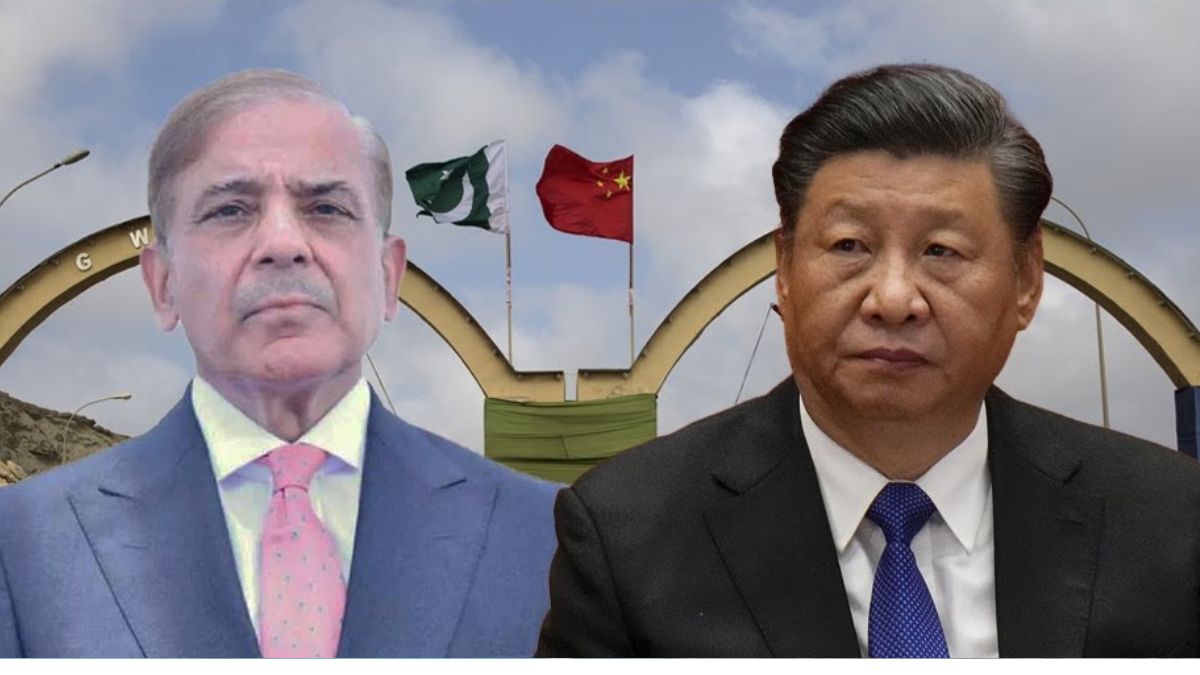Ten years after it was hailed as a transformative moment in Pakistan’s economic history, the China-Pakistan Economic Corridor (CPEC) is languishing in uncertainty, with key projects stalled, security threats mounting, and once-ambitious visions for regional connectivity left unrealised.
When Chinese President Xi Jinping visited Islamabad on 20 April 2015, he signed a raft of agreements marking the start of CPEC— Pakistan’s $50 billion flagship component of Beijing’s Belt and Road Initiative (BRI). The venture was supposed to overhaul infrastructure, supercharge growth, and reforge Sino-Pakistani ties in steel. Today, analysts describe it as a shadow of those original aspirations.
Nikkei , citing official figures, reported that 38 CPEC projects worth $25.4 billion have been completed and another 23 are in progress. But at least 31 projects, valued at more than $22 billion, have yet to begin. Behind the delays lie a mix of economic distress, internal mismanagement, and increasingly, a deteriorating security environment that has targeted Chinese nationals.
“The project, which was started with great optimism, has almost halted,” said Ghulam Ali, deputy director at the Hong Kong Research Center for Asian Studies.
Gwadar dream fades into dust
Nowhere has the dissonance between promise and progress been more stark than in Gwadar, the port city in southwestern Balochistan province that was pitched as the crown jewel of CPEC—a future Singapore of South Asia. But a decade later, Gwadar still suffers from chronic electricity shortages, a promised coal power plant has not materialised, and only $890 million in CPEC funding has been spent there.
Even the city’s most high-profile success—its new international airport—has failed to spark wider development. One former government official, speaking anonymously, described the vision for Gwadar as fundamentally flawed from the outset.
“All the forecasts regarding the Gwadar port and related to industrial development in Gwadar were also misplaced,” the official said. “This is not entirely China’s fault. It’s mostly due to Pakistan’s own inefficiencies and bad governance.”
Impact Shorts
More ShortsBeijing has never been blind to those risks. But the situation has worsened in recent years. At least 20 Chinese nationals have been killed and 34 injured in targeted attacks since 2021, according to Pakistani records. Balochistan has been the epicentre of this violence, where Baloch insurgents have repeatedly attacked Chinese workers, projects and interests.
“More Chinese have lost their lives in Pakistan than in any other country,” said Ali.
“China has been caught in this lethal confrontation between the Pakistani military and Baloch militants … If Pakistan fails to improve its internal security, the future of CPEC remains bleak.”
CPEC 2.0: Real revival or empty talk?
Despite its stuttering record, both Beijing and Islamabad insist CPEC remains a “success story.” Pakistani leaders are now pushing the narrative of a “CPEC 2.0,” which promises a pivot to industrialisation, clean energy, agriculture and special economic zones.
The flagship of this proposed second phase is Main Line 1 (ML-1), a $6.8 billion project to upgrade Pakistan’s colonial-era railway network from Karachi to Peshawar. But despite being on the agenda since 2015, ML-1 remains stuck in bureaucratic limbo, with no progress on financing or implementation.
“It seems like Beijing and Islamabad have been announcing the next phase of CPEC for years, and that’s not a good sign about the project’s broader direction,” said Michael Kugelman, a South Asia analyst.
“If the next phase is to succeed, it will need to emphasise relatively modest loans with reasonable debt repayment timelines and activities that don’t entail large security risks.”
China, for its part, has not committed to any major new investments under CPEC 2.0. Analysts say Beijing is increasingly hesitant, particularly amid Pakistan’s economic woes and rising insecurity.
“China has not made any promises for the second phase, no major new projects have been added and China is gradually pulling its support,” said Ali.
“As part of its diplomacy, China maintains formalities and does not want to openly say ‘break up.’”
In private, however, some suggest that Beijing’s interest is cooling.
)